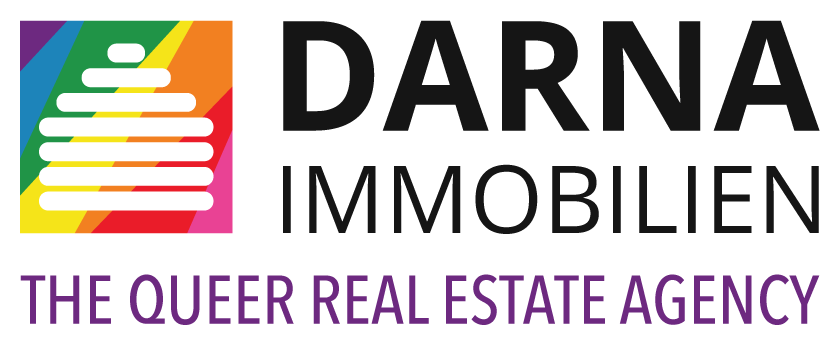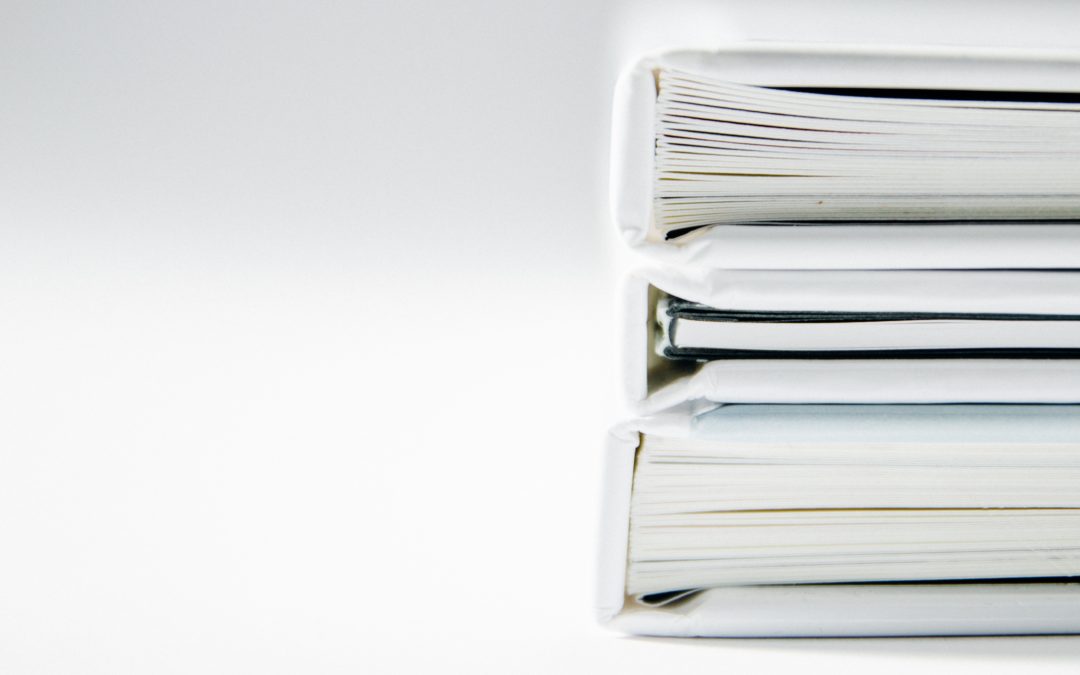So you’ve decided that you’re serious about moving to Berlin; you’ve sussed out the best neighborhoods to live in, and you’re aware of how much you’ll be paying (more or less) for your apartment – now it’s time to actually get down to renting one. But what does that process look like? And what documents do you need in order to rent an apartment in Berlin?
It’s no secret that Berlin is in the midst of a housing crisis. There simply isn’t enough affordable housing for the burgeoning population, and that means that when it comes to securing a long-term rental, competition is fierce. Flat viewings are often attended by dozens of hopefuls all looking to impress the landlord and lay claim to that sweet piece of alt-bau real estate. If you’re going to stand out you’ll have to come prepared.
Papers, Please
When it comes to property viewings, the difference between securing an apartment or not often comes down to whether or not you have all of the correct, up-to-date documents for the landlord or housing representative hosting the viewing in question. Showing up early, smiling, being polite – all of these things are necessary but superseded by whether or not you can prove that you have a steady income and that your credit rating doesn’t look like the state of Brandenburg Airport. And to do that you need very specific and correct paperwork that proves you have your life together. Below we’ll outline exactly what that paperwork looks like.
Passport Copy
Property laws within Germany state that for every flat viewing, prospective tenants have to hand over a copy of their passport to the housing estate or landlord of the apartment in question.
Schufa Auskunft
Your SCHUFA auskunft is a credit report detailed by the company SCHUFA Holding AG, and something that many landlords require to determine your creditworthiness. It essentially details how well you’ve paid your debts over the previous years, and demonstrates your trustworthiness when it comes to making payments on time. If you’ve never lived in Germany before then this won’t apply to you, as your credit history within the country will be non-existent.
Proof Of Income
Landlords often require three months worth of income statements as proof that you can afford to pay the rental price. Any payslips or invoices from your employer should work just fine. If you don’t have a fixed income or the required bank statements you’ll need a Bürge, or surety, that states that someone else – usually your guardian or parents – will cover your rent should you be unable to pay it.
MIETSCHULDENFREIHEITSBESCHEINIGUNG
This document is a mouthful but is necessary to prove that you have no outstanding debts from a previous tenancy. If you’re a student, former student, or have just moved to Germany, then a letter from your previous landlord stating that rental history is spotless will do. It’s worth noting that this document is not a strict requirement and some landlords won’t ask for it, but it’s still worth having. You can download a blank template here.
Bank Statements
Bank statements are necessary to prove that you have an active bank account and a regular flow of income. While it might seem somewhat superfluous on top of the income statements, it’s security for landlords to ensure that you can pay all of your bills.
Keep at it !
Once you have all the above documents, make multiple copies of them and carry them with you to all flat viewings. It also won’t hurt to have a cover letter written in German that impresses on the landlord your seriousness about wanting to rent a property. And don’t worry if you don’t find something immediately – securing a flat in Berlin is often a numbers game, and if it doesn’t work out the first time, there’s always another viewing around the corner.
Photo by Beatriz Pérez Moya on Unsplash




